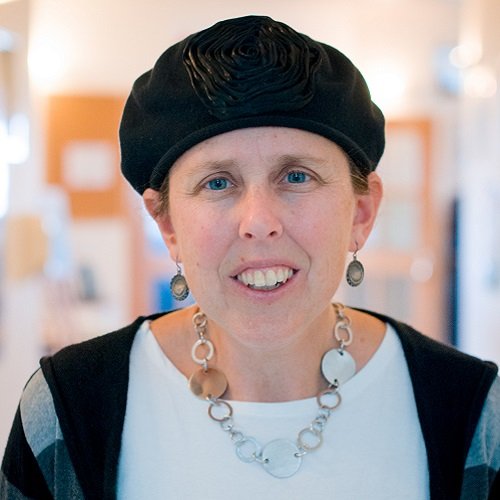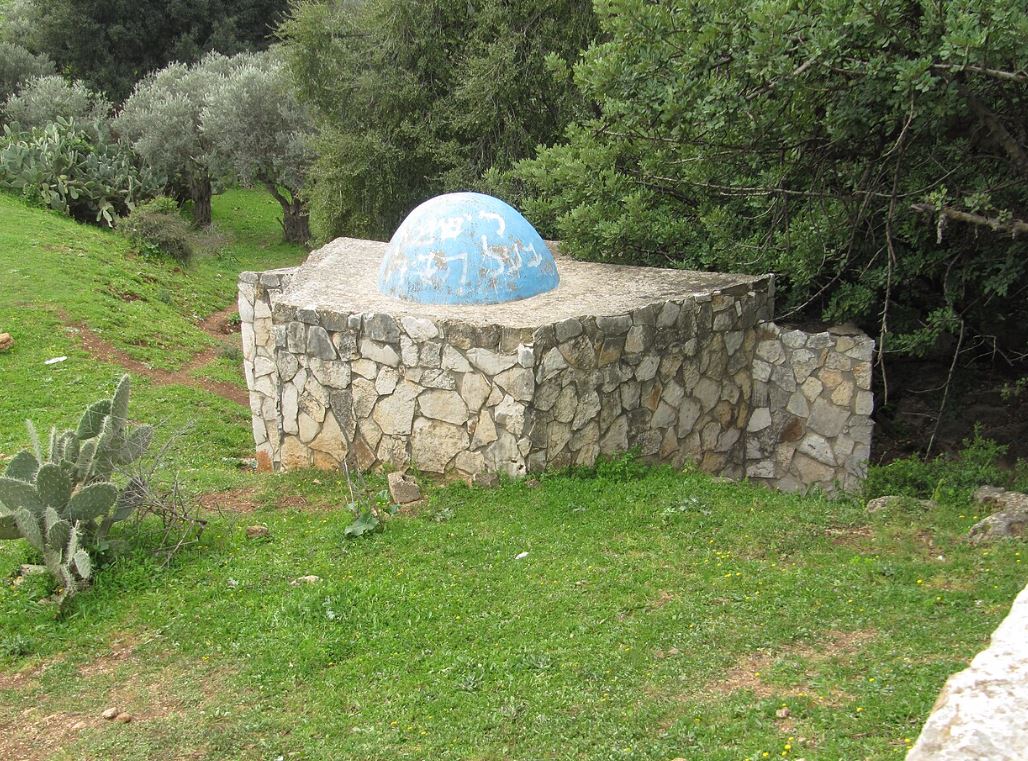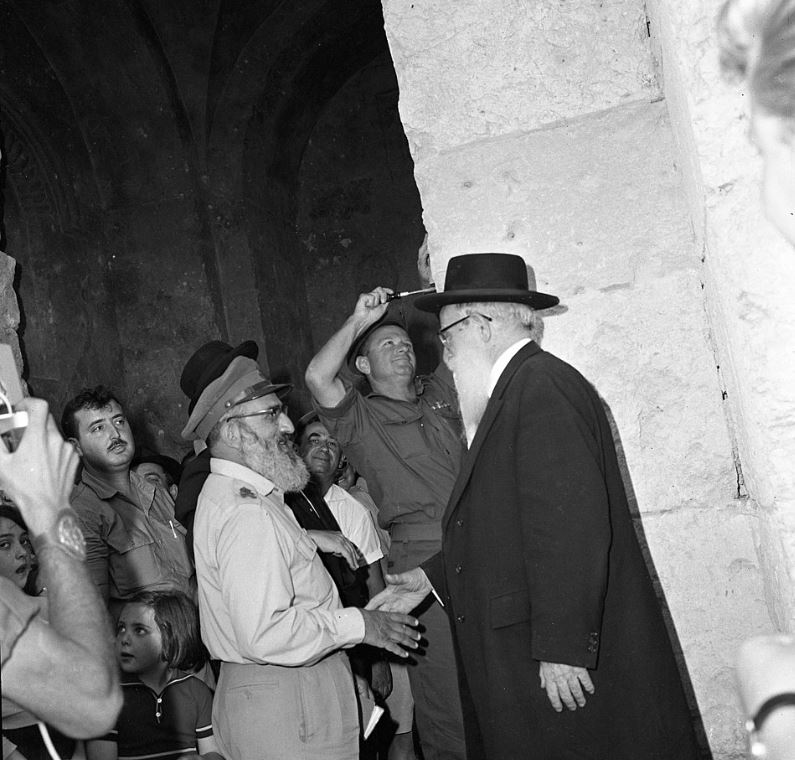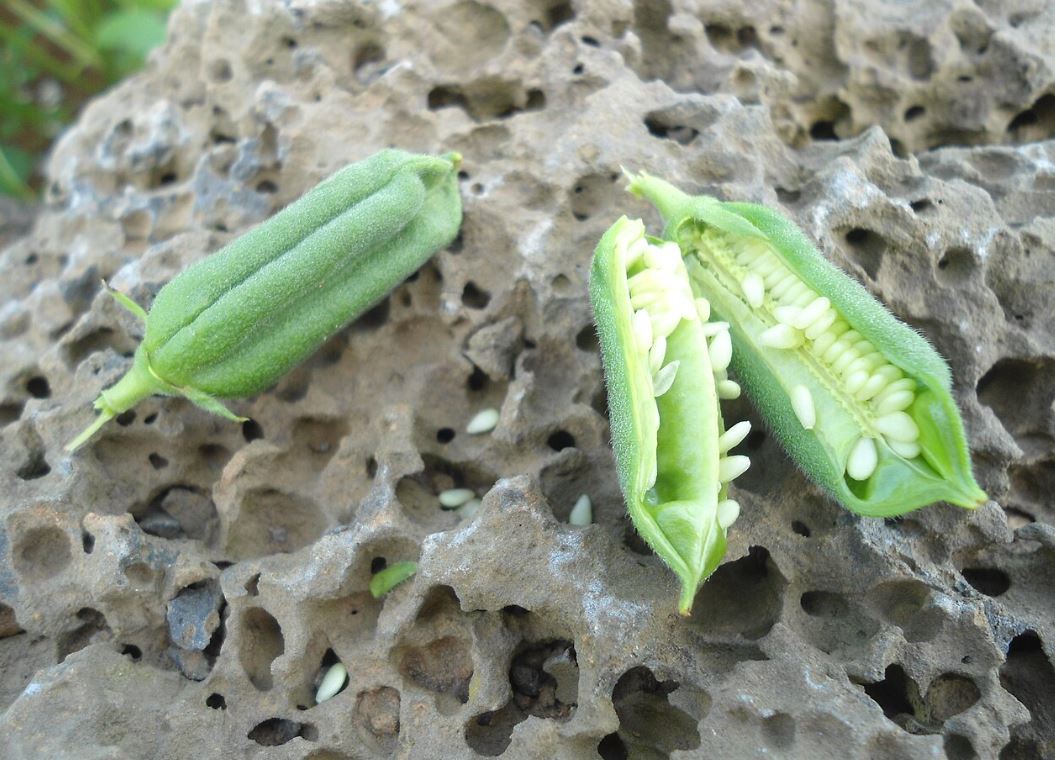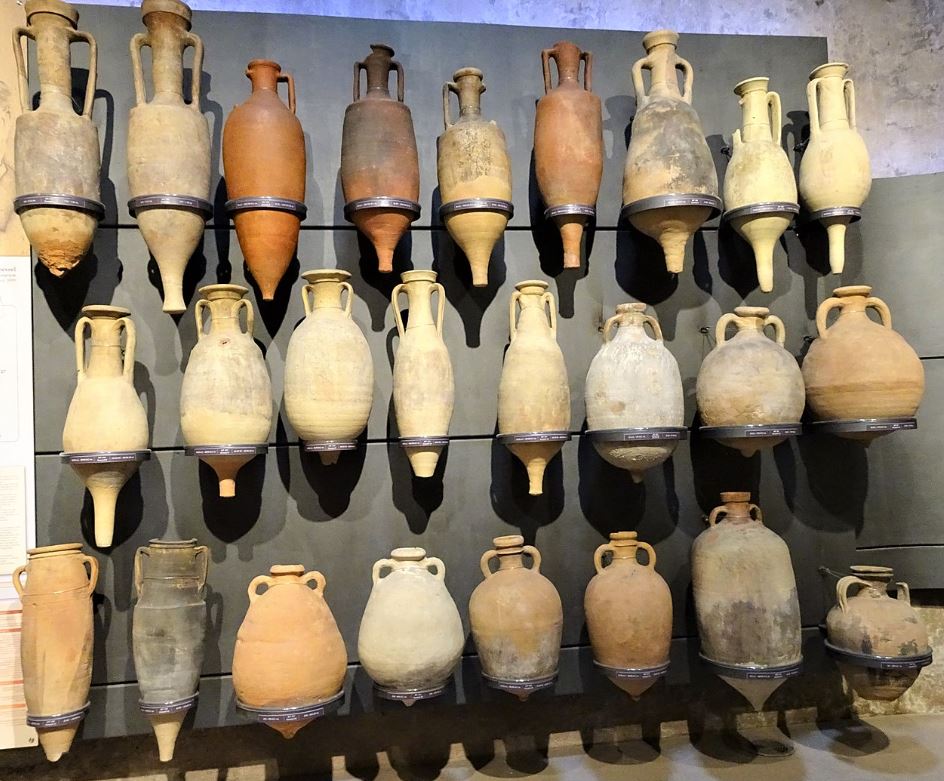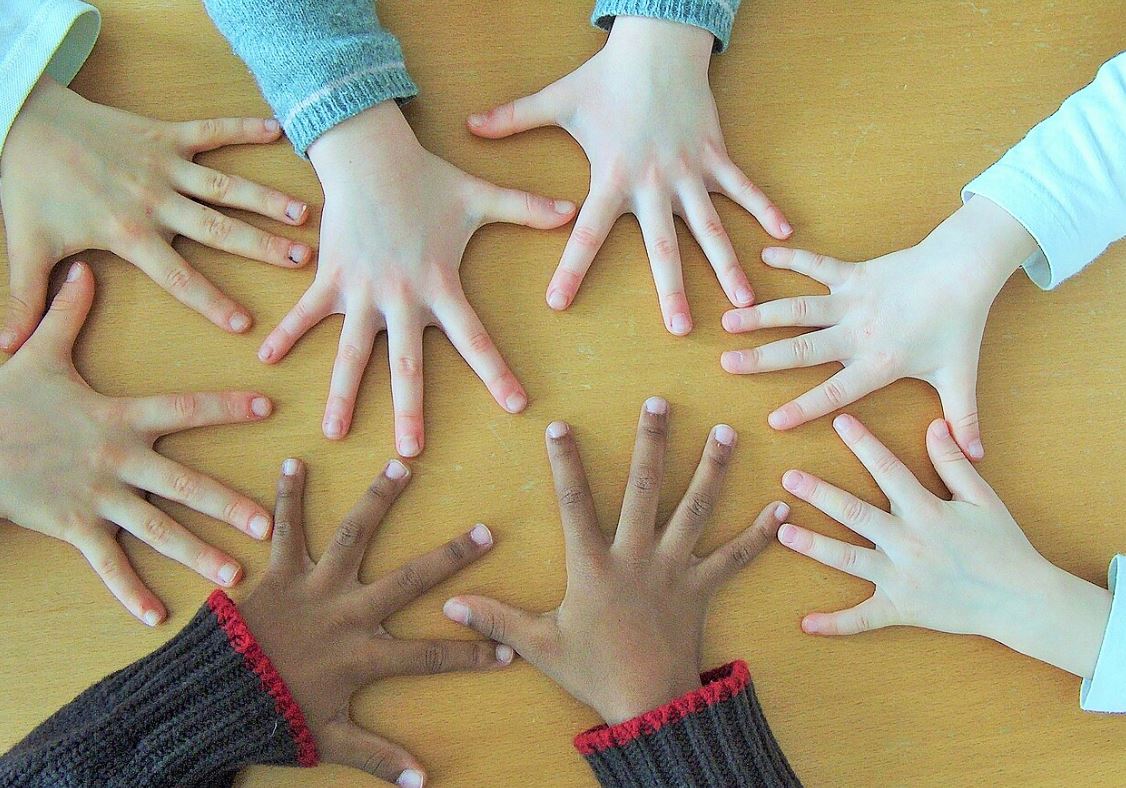What is a Hasid? Today we use that term to refer to Jews who follow a specific rabbi, dress in a certain way and in general follow the customs that originated with the Hasidic movement a few hundred years ago. But in the Gemara, a Hasid means something else: a righteous person, or an ascetic, or someone who is particularly careful about being honest. Two people are singled out in Bava Kamma for being Hasidim:
“anywhere that we say: There was an incident involving a certain pious man, the pious man is either Rabbi Yehuda ben Bava or Rabbi Yehuda, son of Rabbi Ilai,” (BK 103)
Rabbi Yehuda ben Bava sacrificed his life to ensure Torah continuity during the terrible decrees of the Romans in the second century CE (read about him here https://hadran.org.il/author-post/flying-letters/ ). But who is Rabbi Yehuda bar Ilai?
Before we get to his biography, the most important fact about this Rabbi Yehuda is that anywhere the Mishnah says Rabbi Yehuda without an additional name, that is Rabbi Yehuda bar Ilai. His rulings are cited over six hundred times in the Mishnah and there is only one masechet that does not include his name (Kinim). So when we talk about Mishnah and Gemara, Rabbi Yehuda bar Ilai is among the giants.
Rabbi Yehuda was part of the fourth generation of Tannaim, those active during and after the Bar Kokhba Revolt. His peers include Rabbi Meir and Rabbi Shimon bar Yochai and indeed they are all among the five given semicha by Rabbi Yehuda ben Bava in that fateful site between Usha and Shefaram. He was instrumental in rebuilding Jewish life after the horrors of the revolt and Roman persecution and is the one hosting the rabbis at the conference held in Usha post war:
“When the time arrived to take their leave, they said: ‘Are we to leave empty the place in which we were received? They accorded honor to Rabbi Yehuda, who was a resident of the city; not that he was greater than they were in Torah, but rather because a person’s place entitles him to honor. . .” (Shir HaShirim Rabba 2:5)
But let’s go back to the beginning and understand Rabbi Yehuda’s background and personality. He was born in Usha, in the Galilee, the place that would ultimately become the home of the Sanhedrin during his lifetime.
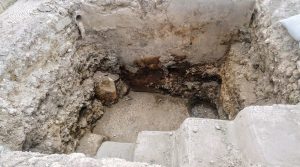
Usha mikveh
שועל, CC BY-SA 4.0 <https://creativecommons.org/licenses/by-sa/4.0>, via Wikimedia Commons
His first teacher was his father, Rabbi Ilai, who himself was a student of one of the foremost Tannaim of the second generation, Rabbi Elazar ben Hyrcanus. From him he passed on the many traditions stored in that scholar, known as a cistern who never loses a drop (Pirkei Avot 2:8). But Yehuda was also a student of the other rabbis of the third generation of Tannaim: he apprenticed with Rabbi Tarfon who affectionately called him my son, but his greatest teacher was Rabbi Akiva and he passed on many halachot in his name.
Besides being among the few who rebuilt after destruction, creating a future for the Jewish people, Rabbi Yehuda was also instrumental in recreating the past. He brings many memories about traditions in the Temple, as well as about seminal events and places in Jewish history:
“How was the water libation performed in the Temple during the Festival? . . . Rabbi Yehuda says: one would pour the water with a vessel that had a capacity of one log on all eight days. And the appointee says to the one pouring the water into the silver basin: Raise your hand, [so that his actions would be visible], as one time [a Sadducee priest intentionally] poured the water on his feet, [as the Sadducees did not accept the oral tradition requiring water libation,] and in their rage all the people pelted him with their etrogim.“ (Mishnah Sukkah 4:9)
In his personal life, Rabbi Yehuda was modest and somewhat ascetic, perhaps this is part of why he is described as a Hasid. He rarely drank wine as it gave him a terrible headache (Nedarim 49b) and he had no use for fancy food, and indeed spurned it so that he would not become accustomed to luxury:
“Eat an onion [batzal] and sit in the shade [batzel], but do not eat expensive geese and chickens, as your heart will pursue you [you will always crave more]” (Pesachim 114a)
He was so poor (or so uninterested in showing off) that he and his wife shared one cloak and when he was offered more clothing by Rabbi Shimon ben Gamliel, he refused it (Nedarim 49b). Work was something that he felt elevated people; he was not among those who chose to sit and get a stipend for his learning.
He is portrayed as someone who went out of his way to help others, to partake of their joys and help them in their sorrows, and to bring them together. He would go dance before a bride and interrupt his studies to mourn at a funeral if needed (Ketubot 17a). He believed in the Jewish people and tried to judge them favorably. One of his fascinating statements shows us the potential for good (and bad!) among the Jews:
“Rabbi Yehuda bar Ilai said. . . The wise men said to Haman: This Jewish nation is compared to the dust of the earth and it is also compared to the stars. When they descend, they descend to the dust, and when they rise, they rise to the stars.” (Megillah 16a)
One of the most famous stories about Rabbi Yehuda does not seem to fit with the rest of his personality. In the beginning of the tale where Rabbi Shimon bar Yohai curses the Romans and is forced into exile, Rabbi Yehuda praises them:
“when Rabbi Yehuda and Rabbi Yosei and Rabbi Shimon were sitting, and Yehuda, son of converts, sat beside them. Rabbi Yehuda opened and said: How pleasant are the actions of this nation, the Romans, as they established marketplaces, established bridges, and established bathhouses. Rabbi Yosei was silent. Rabbi Shimon ben Yoḥai responded and said: Everything that they established, they established only for their own purposes.” (Shabbat 33b)
The Gemara continues and relates that because of his good words, Rabbi Yehuda was elevated by the Romans to be an official spokesperson (rosh hamedaberim), while Rabbi Shimon was sentenced to death. The term used is a clever play on words: יהודה שעילה, יתעלה – Yehuda who raised, will be raised, using the same word, Ilah as his name, Ilai.
How could this man, a victim of Roman persecution and a lover of the Jewish people, say such praiseworthy things about this evil empire? It seems strange. And yet perhaps it fits with other elements of his life and of his hasidut. Unlike the firebrand Rabbi Shimon, who ends up in hiding for years, Rabbi Yehuda is less outspoken and more practical. He withheld criticism of the Romans and only pointed out the good they did because he judged them favorably. But more than that – he knew that it was a time for building and he would need all his energies to help the Jewish people. It was not a time to spout opinions and get in trouble. Perhaps his holding back is part of his being a Hasid.
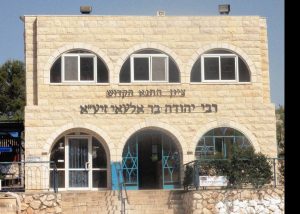
Rabbi Yehuda bar Ilai’s grave in Ein Zeitim, near Tzfat
אריאל פלמון Ariel Palmon, CC BY 3.0 <https://creativecommons.org/licenses/by/3.0>, via Wikimedia Commons


